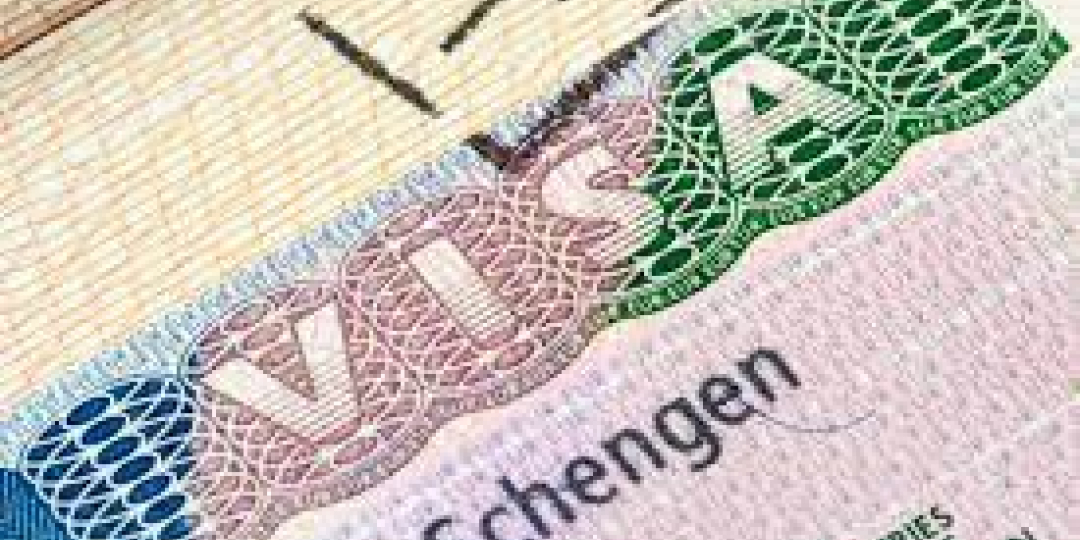Africa topped the list of visa rejections in 2022, with an average 30% refusal rate despite submitting the lowest number of visa applications per capita.
This visa rejection rate was 12,5% higher than the global average, according to Henley & Partners’ Africa Wealth Report, titled Predetermined Bias: Comparing the Visa Rejection Rate of Africans versus the Rest of the World, released last week.
Between 2014 and 2022, global Schengen visa applications dropped by 54,7%. Despite the significant decline, the total rejection rate for Schengen visa applications increased by 12,5%.
In Africa, the refusal rate reached 30% over the same eight-year period, a 12% increase from the rejection rate in 2014. The report found that three in 10 African applicants for a Schengen visa were rejected, compared with one in 25 applicants residing in the US, Canada, or the UK, and one in 10 from Russia.
Seven African countries were in the top 10 countries with the highest rejection rates for Schengen visa applications:
· Algeria – 45,8%,
· Guinea-Bissau – 45,2%,
· Nigeria – 45,1%,
· Sri Lanka – 43,7%,
· Ghana – 43,6%,
· Haiti – 42,3%,
· Senegal – 41,6%,
· Guinea – 40,6%,
· Pakistan – 40,5%
· Mali – 39,9%
However, African countries such as South Africa, Botswana and Namibia face a lower rejection rate of less than 7%.
Although Schengen visa application refusals are often attributed to doubts about applicants’ intentions to leave the destination country before the visa expires, Henley & Partners found a strong correlation between Schengen visa application refusals and poorer countries’ gross national income per capita and lower ranking on the Henley Passport Index.
According to the report, the possibility of illegal overstays does not account for the significantly high rejection rates among applicants, and it saw no evidence from case studies that higher rejection rates lead to fewer visa overstays.
“Despite justifications based on security or economic concerns, the European visa system demonstrates apparent bias against African applicants. This undermines relationships and mobility goals. Visa restrictions and refusals also hinder private sector involvement in trade and business partnerships with Africa,” writes Mehari Taddele Maru, a parttime Professor at the Migration Policy Centre and Academic Director of the Young African Leaders Programme at the School of Transnational Governance, European University Institute, and a contributor of the report.
“The European Union must address the current discriminatory practices within its visa application process and work towards promoting fair and equal opportunities for legal pathways to mobility between Africa and Europe,” he concludes.
















